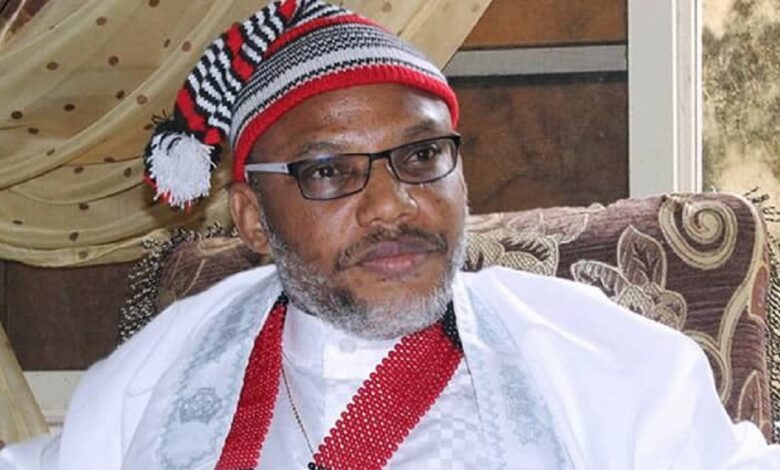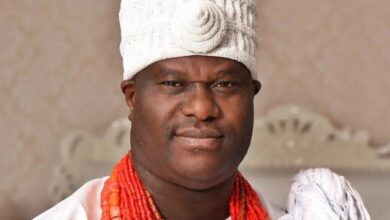Nnamdi Kanu Trial Resumes Amidst Supreme Court Twist

Amidst heightened security, the Federal High Court in Abuja gears up for the resumption of the trial of Nnamdi Kanu, the leader of the Indigenous People of Biafra (IPOB), on charges of terrorism and treasonable felony. Entry to the court, adjacent to the Federal Ministry of Justice headquarters, is restricted to individuals on a vetted list by the Department of State Services (DSS).
The trial continues following the Supreme Court’s decision on December 15, 2023, overturning a Court of Appeal ruling that quashed the charges and ordered Kanu’s release. This legal saga, initiated with Kanu’s arrest in 2015, has seen dramatic turns, including a period of bail on health grounds, an escape from Nigeria, and subsequent re-arrest in Kenya in June 2021.
Despite a unanimous Court of Appeal decision in October 2022 to quash all charges against Kanu, citing illegal extradition practices, the Supreme Court challenged this verdict, criticizing the lower court’s reliance on international statutes. The apex court accused the Federal Government of acting irresponsibly in bringing Kanu back to the country, emphasizing the need for proper legal proceedings.
In a thought-provoking judgment, the Supreme Court emphasized the importance of aligning legal decisions with express legislation, asserting that the trial court retains jurisdiction even if prosecution engages in illegal actions. The court expressed concern about Nigeria’s image, condemning invasive actions while upholding the appeal against Kanu.
The Supreme Court held that FG should have addressed Kanu’s bail conditions differently and criticized the high court’s revocation of his initial bail, deeming it “totally unfair.” The court cautioned against a repeat of past incidents and ordered Kanu to defend himself on the pending charges.
As the trial resumes and Kanu reportedly changes his legal team, the legal complexities and twists surrounding the case add layers to this high-profile trial, capturing the attention of stakeholders and the public alike.




